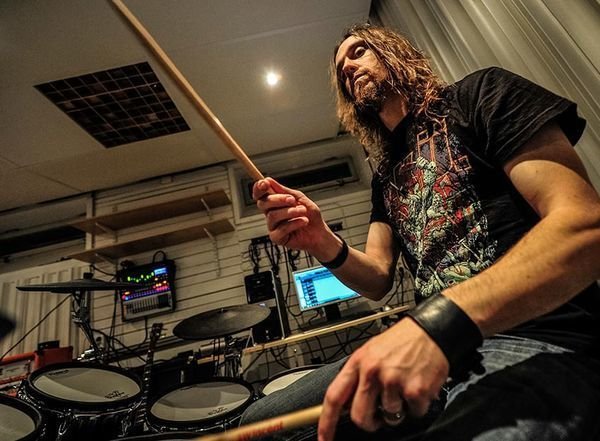
No longer was their role solely focused on providing a constant rhythmic pulse, they had to contribute to the music in other ways: by supporting and lifting the soloists, building tension and drama, supplying percussive color, and helping to invoke a mood or atmosphere. After the bebop era, when jazz became more cerebral, the best jazz drummers were expected to match the other soloists in the band with their virtuosity. But as the music evolved, its requirements changed.

In its infancy at the beginning of the 20th Century, it was the drummers who gave jazz its heartbeat with an intoxicating, eminently danceable groove. In jazz, arguably the most technically demanding form of popular music, a drummer’s role is often more exacting than those in the fields of rock and pop. But the truth is that a band is only as good as its drummer, and the best jazz drummers can miraculously transform a below-average combo into a half-decent one.

Drummers have often been the butt of jokes, many of which focus on their supposed lack of musicality and dubious time-keeping skills.


 0 kommentar(er)
0 kommentar(er)
